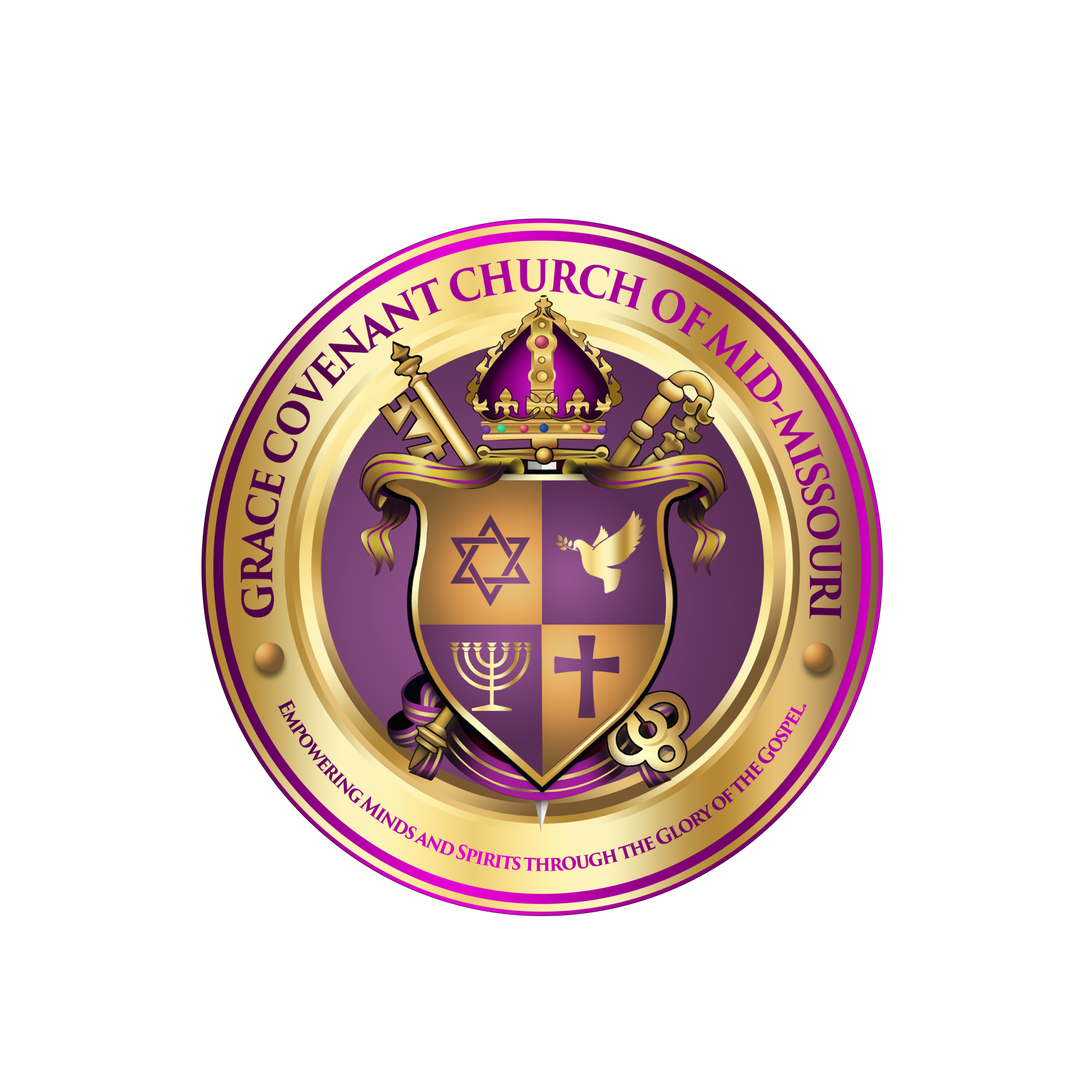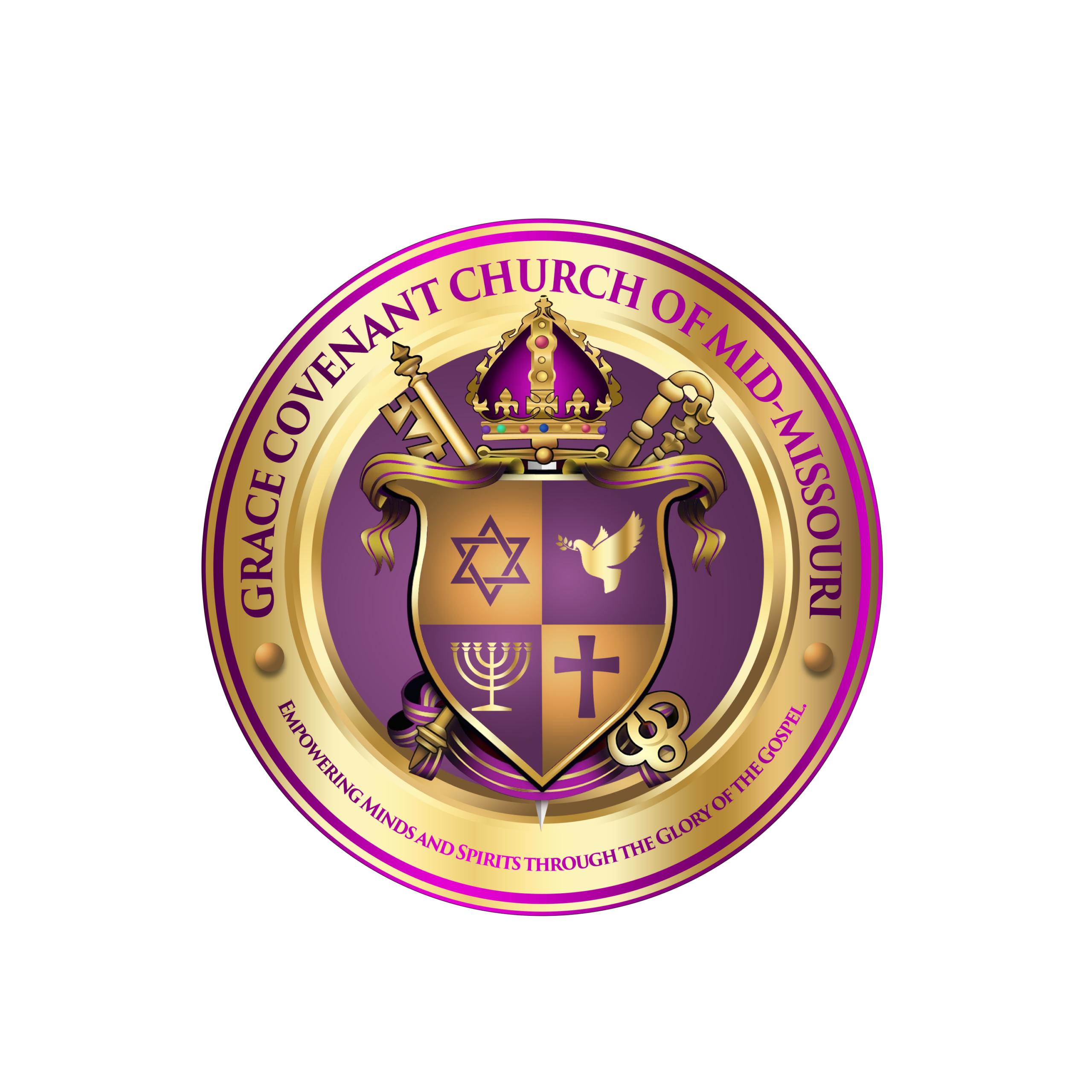Quick recap:
The bishop led a Bible study meeting focused on the Gospel of Matthew. The group discussed the cultural context of Jesus’ birth and the significance of Joseph’s faithfulness. The group explored the importance of understanding Biblical texts in their historical context, with particular emphasis on the story of the wise men and the genealogy of Jesus. The conversation ended with encouragement to study the Bible deeply, use various resources for understanding, and prioritize safety while spreading the Gospel.
Next steps:
All attendees are to read and study Matthew Chapter 2 before the following Sunday’s service.
All attendees are to read Isaiah chapters 11 and 12 in the context of Matthew chapter 1.
All attendees are to utilize the Blue Letter Bible website as a resource for Bible study and commentaries.
All attendees to read footnotes and cross-references when studying the Bible.
All attendees to focus on evangelism and bringing new people to church.
All attendees pray for one another and for the church.
Gratitude, Prayer, and Shared Faith:
The bishop expressed gratitude for everyone present and acknowledged the challenges faced due to the weather. Gabe was invited to lead a prayer, which he did, asking for blessings, safety, and guidance for everyone present. Bishop thanked Gabe for his prayer and expressed his appreciation for the opportunity to come together and learn from their shared faith.
Matthew’s Gospel and Jewish Culture:
Bishop discussed the Gospel of Matthew, focusing on its author, Matthew, a 1st-century Jewish tax collector. He highlighted the significance of Jesus’ genealogy, noting differences between Matthew’s and Luke’s Gospels. Bishop emphasized that Matthew’s Gospel was written for Jewish believers, providing Jesus’ legal right to the throne. He also explained the concept of “patrol” in Jewish culture, a formal engagement to be married, and its significance in understanding Christ’s relationship with the Church.
Jewish Engagement and Marriage Tradition:
Bishop discussed marriage’s cultural and legal aspects in the Jewish tradition, particularly during the engagement. He explained that in Jewish culture, an engagement is considered a legally binding contract, but the marriage is not fully consummated until the second part of the ceremony. He used the example of Mary and Joseph, who were engaged but not fully married, to illustrate this point. Bishop also touched on the contract’s importance in accepting Jesus as the gift of eternal life.
Joseph’s Faithfulness and God’s Intervention:
Bishop discussed the story of Joseph from the Bible, focusing on his reaction to Mary’s pregnancy. He highlighted Joseph’s disappointment and his decision not to shame Mary or seek revenge publicly. Instead, Joseph chose to divorce her, demonstrating love and compassion quietly. Bishop emphasized that Joseph’s actions were a test of faithfulness, and he passed it by following God’s instructions. He also noted that Joseph’s story teaches us about God’s character, sovereignty, and intervention in people’s lives. The discussion concluded with the significance of Joseph’s obedience, especially in difficult situations.
Faithfulness and Cultural Context in the Bible:
Bishop discussed the importance of faithfulness, using the story of Joseph and Mary as an example. He emphasized that faithfulness is not uncomplicated but involves overcoming potential trials. Bishop also delved into the cultural context of the Bible, specifically focusing on the Magi, or wise men who visited Jesus after his birth. He clarified that these Magi were not Torah-believing people, but followers of the Iranian religion, and their visit Jesus was a significant event in the Bible. Bishop encouraged the participants to better understand the Word of God by considering the cultural context in which it was written.
The Significance of the Three Wise Men:
Bishop discussed the Bible’s significance of the three wise men, their origins, and their journey to worship the baby Jesus. He suggested they might have come from the Iranian era and could have been influenced by Daniel’s stories. Bishop emphasized that the Bible doesn’t provide definitive answers about the wise men’s background, but their journey can be seen as a demonstration of faith. He also noted that the wise men’s knowledge of God outside of Israel and their recognition of a sign from God are significant aspects of the story.
Traveling in the Past and Faith:
Bishop discussed the differences between traveling in the past and present, emphasizing the dangers and uncertainties faced by travelers in the past. He used the example of the three wise men traveling to Jesus as a case study, highlighting their faith and belief despite the lack of concrete evidence. Bishop also referenced Hebrews 11:6, emphasizing the importance of faith in pleasing God and seeking Him. He noted faith often involves acting on promises and hopes, even in opposition.
Exploring the Bible’s First Two Verses:
In this segment, the Bishop discusses the upcoming sermon on Chapter 2 of the Bible. He plans to go slowly and focus on studying the text in depth. The Bishop summarizes the first two verses, which describe the wise men from the East coming to worship the newborn King of the Jews. He shares an excerpt from Matthew Henry’s commentary, emphasizing that those who diligently seek Christ, even from a distance, will find Him. The Bishop expresses his love for studying the scriptures and invites comments from the congregation. He also reflects on Joseph’s faithfulness. Briefly, he touches on the concept of marriage in that period, indicating that he will explore these themes further in later chapters. The discussion highlights the importance of closely examining biblical texts and drawing connections to contemporary spiritual lessons.
Humor and Safety in Evangelism:
The bishop humorously reflects on his impulse to preach and the desire of his congregation members to evangelize despite inclement weather conditions. He emphasizes prioritizing safety and finding alternative ways to spread the Gospel, such as calling someone instead of going out. The bishop also shares a memory from his military service in Afghanistan, where listening to music helped him remain calm during an attack. Ultimately, his wife plans to reschedule a women’s event due to the weather.
Exploring Isaiah’s Prophecy in Christ:
The overseer explains the meaning of Isaiah 11:1, which speaks of a new branch growing from the stump of David’s family, referring to the coming of the Messiah. He suggests studying Isaiah 11 and 12 in the context of Matthew’s genealogy to understand the fulfillment of this prophecy in Christ. The overseer emphasizes that these chapters point to Christ gathering a remnant of God’s people from all nations, bridging the old and new covenants. His goal is to spark deeper personal Bible study to strengthen faith and understanding.
Joseph’s Story and Group Dynamics:
The meeting was a lively discussion involving several participants, including Overseer, Gabriel, Tammy, and Pastor Paul. The conversation revolved around the importance of obedience, faithfulness, and honor, using the story of Joseph as an example.
Studying the Bible With Resources:
The overseer discussed the Bible’s importance, emphasizing the need to understand different versions and footnotes. They introduced a new study, “A Journey through the Gospels.” They encouraged participants to use various resources, including the Matthew Henry Commentary and the Blue Letter Bible, to deepen their understanding of the Word. The Overseer also mentioned continuous chats in Zoom meetings to reference study materials easily. The conversation ended with a reminder to use these resources to gain a broader understanding of the Bible.
Emphasizing Safety, Prayer, and Love:
The Overseer expressed gratitude to the family for their time and patience, emphasizing the importance of safety and prayer for one another and the church. He stressed the need to fill seats with unbelievers and make disciples of Jesus Christ. He prayed for the well-being of his family members and encouraged them to walk through life with God. He also emphasized the importance of love and forgiveness and the need to be competent believers. The conversation ended with a blessing and a reminder to seek peace, harmony, and wellness.



No responses yet